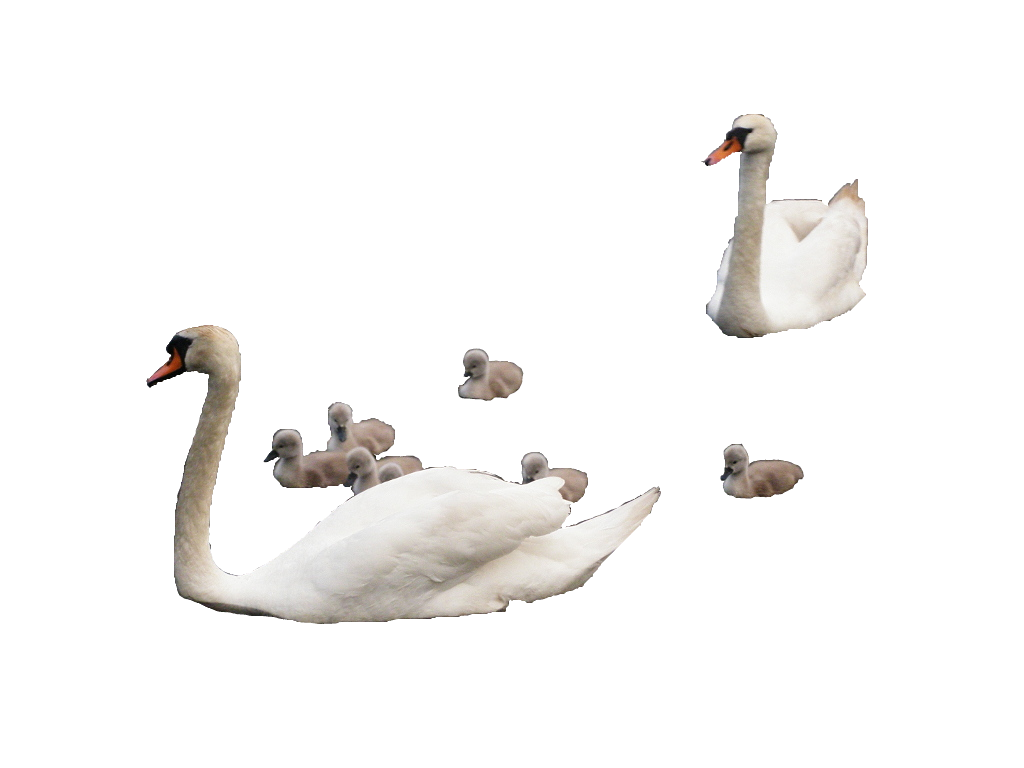
You are here
2.4.4. Cooperation

If you - as an individual [with all your parts] and as a group [with all members] - wants to work intrinsically, you have to align your goals, capabilities and activities accurately. This requires compliance, planning, timing and reliability.
With a starting point that is based on justice and not damaging yourself and others that condition can be fullfilled. Because you can only co-operate just if you wants to be fair as an individual and as a group, your want turn into righteous competences, and your competences turn into doing righteous.
With a selfish starting point that is only possible if it gives a lot of advantage individually or as a group. If not then an individual holds the soon as seen, and the group falls apart. So, with a selfish principle a "produce the most benefit" is the most reliable. With the consequence, both internal and external ongoing competition to achieve that benefit, because that is not the only thing that egoists binds together, but also drives them apart.
Just and selfish cooperate:
In a fair, each other not damaging world, every individual, group and continent has the opportunity to develop the will, knowledge and skills, to work and live together, on a righteous, themselves and each not damaging way. It is up to individuals, groups, regions and continents themselves whether and to what extent they want to make use of it, on an righteous, not damaging way.
In a selfish world, it is normal that everyone has constantly struggle to gain the most benefit.
Only if choice, knowledge and skills works righteous together, the personal, familiar, cultural and secular identity gets chances foothold. In other words, only if the intrinsic will, will be converted into incentric knowledge and extrinsic skills, the individual, the family, the culture and the world gets the eccentric opportunity to be an, self and others not damaging, identity.
Every intrinsically motivated individual who, regardless of what he or she is done
makes do with what he or she has,
on a yourself or others not damaging way continues to think and do and communicate,
others, where necessary, clearly warns but let them make their own decisions and choices, and just - wherever possible - intervenes to foreseen and unforeseen calamities,
distances themselves with logical and reasonable arguments of those who claim and enforce unjust and damaging behaviour,
is a reliable contact that - despite possible differences of opinion - let others in their value, thought patterns and lifestyle and only on a, as minimal as possible damaging way, interferes where he/she or others are likely to be damaged.

